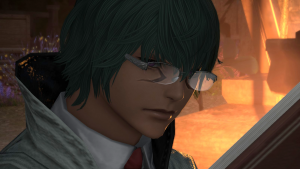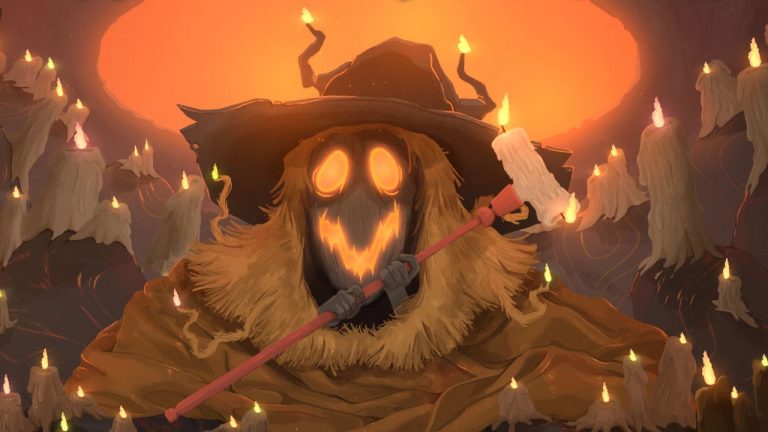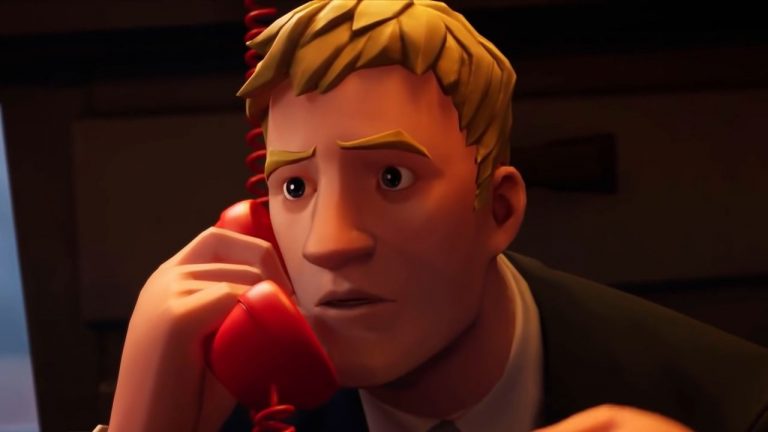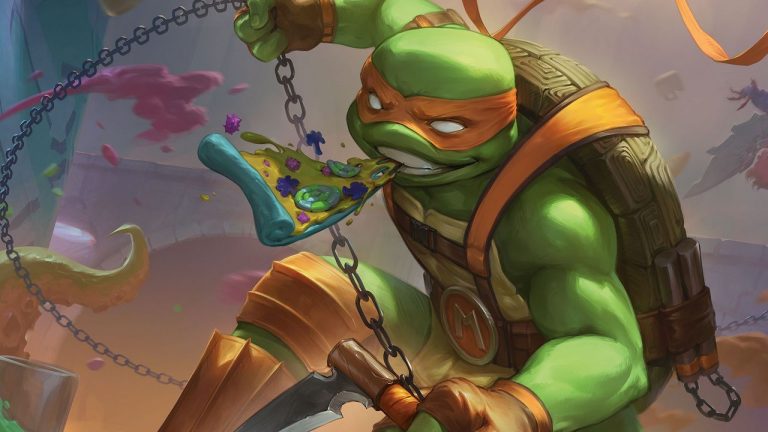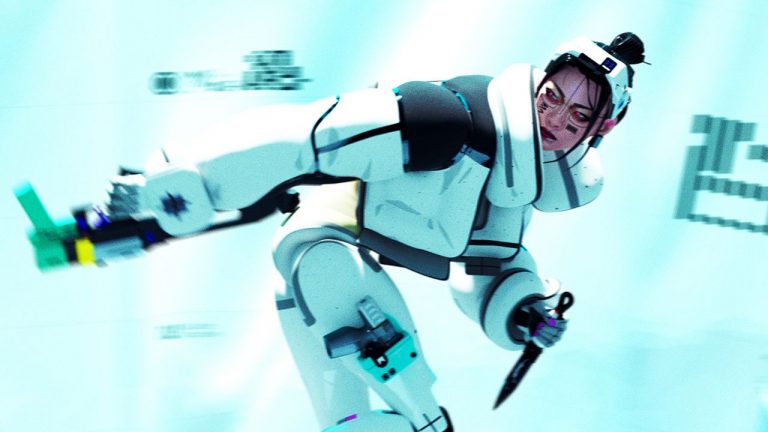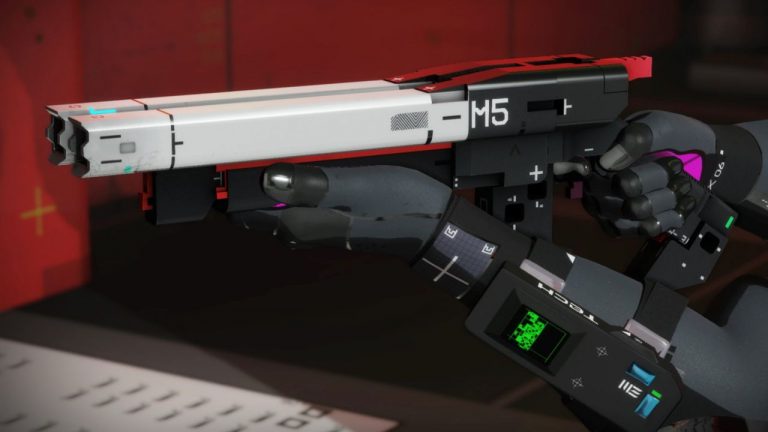I think I’ve been taking colour for granted in games. Jumping into Été for the first time, and being greeted with a world that’s entirely white until you work your magic to bring it back to life, is an intimidation I haven’t felt before. There was something about starting the blank canvas of Été that felt haunting until I determined to bring it to life.
You play a struggling painter chasing a new lease of life in Montreal. After an unsteady start that might feel familiar to some, being told your apartment is furnished when it’s not and essentially being scammed by an online advert, you have to start from the ground up. To start building a life and making some money you begin selling your paintings in a local cafe and, from there, the world of Été can become your oyster. The catch? To keep progressing, you have to keep painting. And as all creatives know, being productive can be challenging.
Luckily, inspiration strikes regardless of where you go in Été. The world starts pretty desolate, which took me a while to get used to. Everything is blank, and even though I could make out the shapes of objects I felt like I couldn’t properly get a grip of what they were due to having no colour. As you go along, you need to bring colour back to these areas by using the cursor to paint them, and as you do you unlock new stamps to add to your painting repertoire. Flowers, birds, and even items of furniture you find around your apartment and the town can be unlocked in stamp form to use in your paintings, which leads to some pretty quirky creations.
This painting aspect is beautifully realised, which is probably a good thing for a game all about painting. Once you’ve set up a canvas on an easel, you have full creative freedom over what you’re painting. I spent more time than I like to admit picking the perfect positions for certain times, or creating something like a sparrow in a bowl of falafel and selling it for a couple hundred bucks the next day. Although my favourite part of the game is the curation of these paintings, I appreciate how you have to go out and repaint the town when you want to unlock another muse.
Painting isn’t all you do though. While you’re in Montreal you have a lot of new relationships to develop. Since these interactions don’t seem like the main focus of the game I didn’t expect them to have the amount of depth they did. Each character you meet and speak to feels connected and has their own personality, with some for example cynical about your drive to be a painter, while others are in full support. Your responses to questions have weight, and can offend or upset people with consequences for the relationship.
Because of the small town and the characters you get to know, Été begins to feel like a close-knit community rather than a single-player game about painting—which is what it is. I developed a routine of going out to explore in search of inspiration for my next piece, saying hello to people in the town, and then heading home to paint something to sell at the cafe the next day. Being able to repeat the same actions each day helped reinforce the relaxing element of the game since I didn’t ever have to learn something new. But, this routine also meant I was slipping hours into my new life as a painter without realising it.
Été certainly offers a new experience compared to other paint-based cozy games like Behind The Frame: The Finest Scenery and Passpartout. It’s a game I can see myself coming back to each time I need a break and want to pretend I am the master of a new hobby. The freedom of being able to slap whatever stamps you find onto a canvas and knowing that someone will probably see it and want to hang it up at home is enough to keep me painting, and it’s even convinced me to give it a go in real life. I just can’t guarantee my creations will be anywhere near as beautiful as they are in Été.

